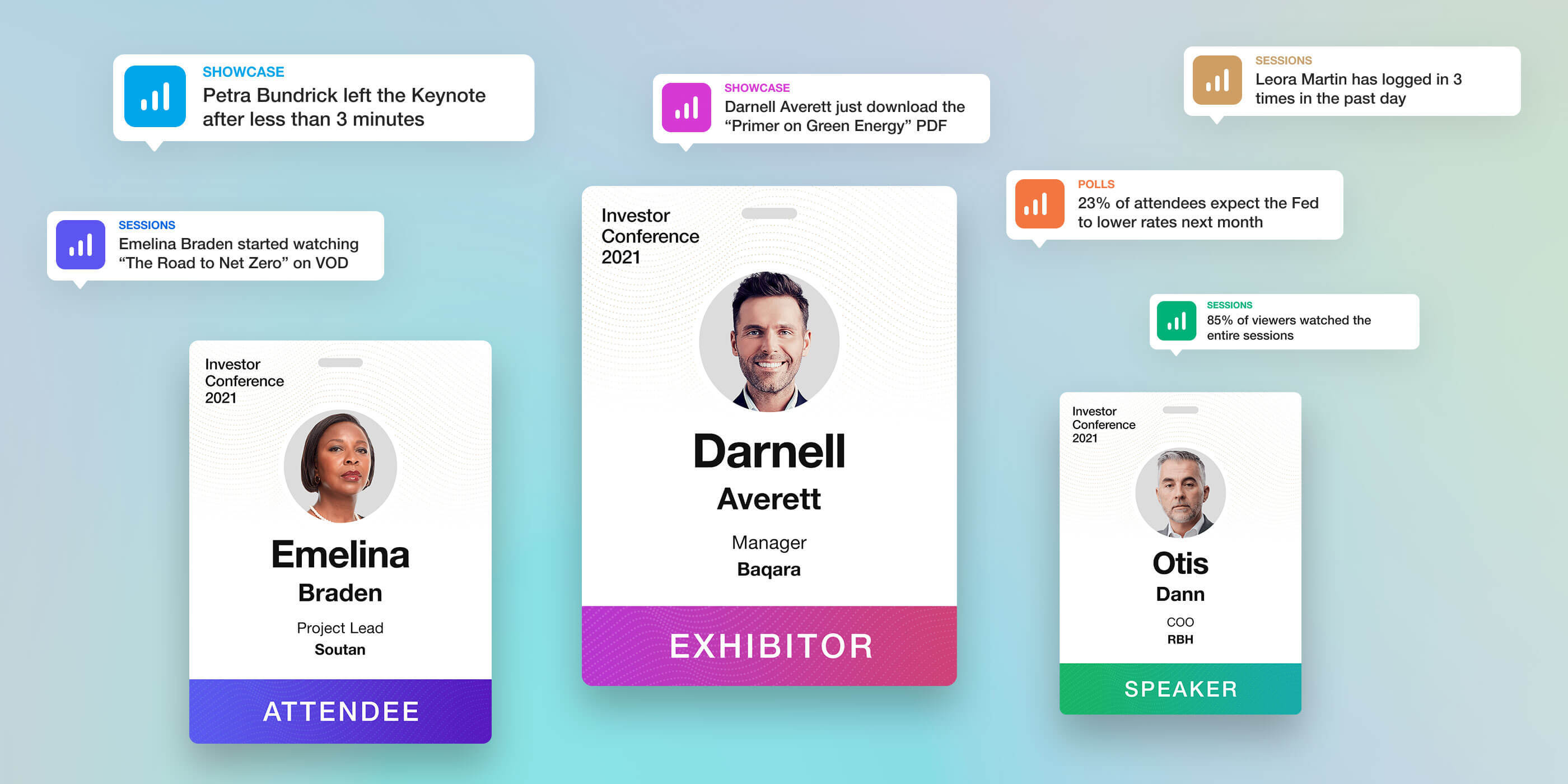One of the questions I’m most asked about is the future of virtual events, especially as the pandemic has begun to subside and people are venturing out into the world again. And yet I think the answer is not in what’s to come, but what we can learn from the recent past. In particular, I think we can see clues in the empty storefronts that litter our cities.
Throughout our lifetime, brick-and-mortar stores have been dominant. But if you walk through pretty much any American city today, you’ll see empty storefront after empty storefront. And it didn’t happen overnight.
Gradually over two decades, as Amazon grew to dominance and e-commerce sales steadily rose from $5 billion to more than $215 billion today, some stores like Walmart and Target leaned into creating e-commerce front doors and managed to survive and grow. But others, like Macy’s and Pier 1, didn’t have the capacity to do so and closed. The world moved on without them.
Going shopping has always been a physical and social experience, trying on new shoes or checking out the latest iPhone. But over the past 20 years, we’ve forcefully demonstrated with our thumbs that while in-person shopping is great, we’d rather lie on the couch and get shoes delivered for free overnight. To achieve our goals, sometimes convenience bests experience. Which is another way of saying, humans are lazy.
Which leads to the real question people should be asking: Is the events industry facing its own Amazon moment?
Prompted by the pandemic shutdown, virtually overnight all events and conferences moved online. Travel expenses were redirected to digital expenses. Physical venues became virtual ones. And attendees grew accustomed to logging into a conference rather than flying to one. They didn’t just get used to attending events virtually, they began to appreciate and depend upon the ease. It was a bit like online shopping all over again—a bit strange at first, but then addictively convenient.
For instance, this morning I hosted a town hall with attendees from all around the world. For 90 minutes we all signed on to Touchcast—from India and Belarus and Israel and the United States and Portugal and beyond—and discussed the future of events. There’s no doubt we all would have preferred to be in the same meeting room at the same time, but there’s a cost to that: getting on a plane, hours of transit, missing time with our families, not to mention the financial burden of moving our globally distributed workforce to a single physical location.
This is one major reason we’ve seen our business grow exponentially over the past year with clients from Pfizer to Accenture to Bloomberg hosting everything from tentpole events to daily investor calls on our platform.
There are some meetings or events that may yet be worth the costs. But not every single one. And not when you can accomplish 95 percent of your event goals with a fraction of the financial, personal, and environmental impact.
Covid has forced a reckoning within the $3 trillion events industry: Some things that were always done in a certain way—like physically transporting hundreds of human beings to a single room—can be done in more efficient and more convenient ways. And, most importantly, people—our customers—often now prefer them that way.
Our shared challenge, then, is to innovate and lean into this future.
This means changing, transforming, and harnessing technology to create digital experiences that are as fulfilling, engaging, and connective as gatherings in the real world. But much more, we need to make sure that nobody gets left behind.
One of the things I’m most proud of about Touchcast’s virtual events are the people involved. We have event managers and event directors and producers and creatives and onboarders and videographers. The events they create are digital, but many of their skills and talents were first honed in the physical world before being adapted to a virtual one.

This hybrid workforce is the future of events, and collectively, we all need more of them.
This is one major reason we’re laying the groundwork for a Touchcast digital events certification program. After completing the course, event producers will be certified to direct, manage, and contribute to any Touchcast production. But much more importantly, they’ll have the digital skills and know-how to lead the events industry, as a whole, into the future.
Both personally and professionally, it’s been a wild, often scary, 18 months for many of us. But together, by embracing the future, we can build a digital events industry that doesn’t just come back to its pre-pandemic levels or far worse.
Rather, it will be positioned to grow and thrive in our new digital future.
We hope you’ll join us.
Click here to learn more about Touchcast.



















.png)


